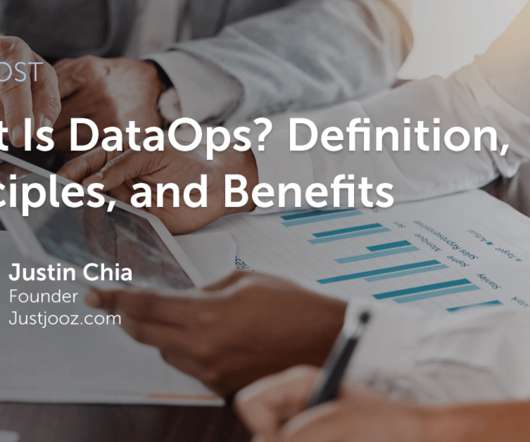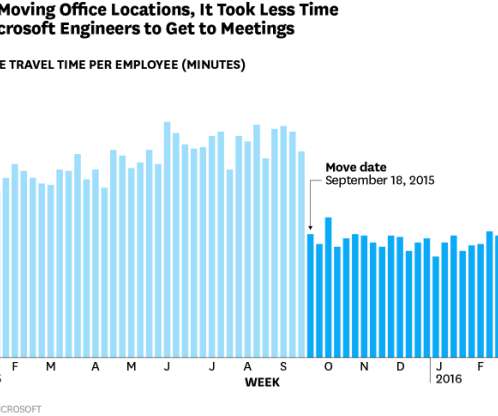What Is DataOps? Definition, Principles, and Benefits
Alation
SEPTEMBER 28, 2022
DataOps is a set of technologies, processes, and best practices that combine a process-focused perspective on data and the automation methods of the Agile software development methodology to improve speed and quality and foster a collaborative culture of rapid, continuous improvement in the data analytics field. Embrace change.














Let's personalize your content